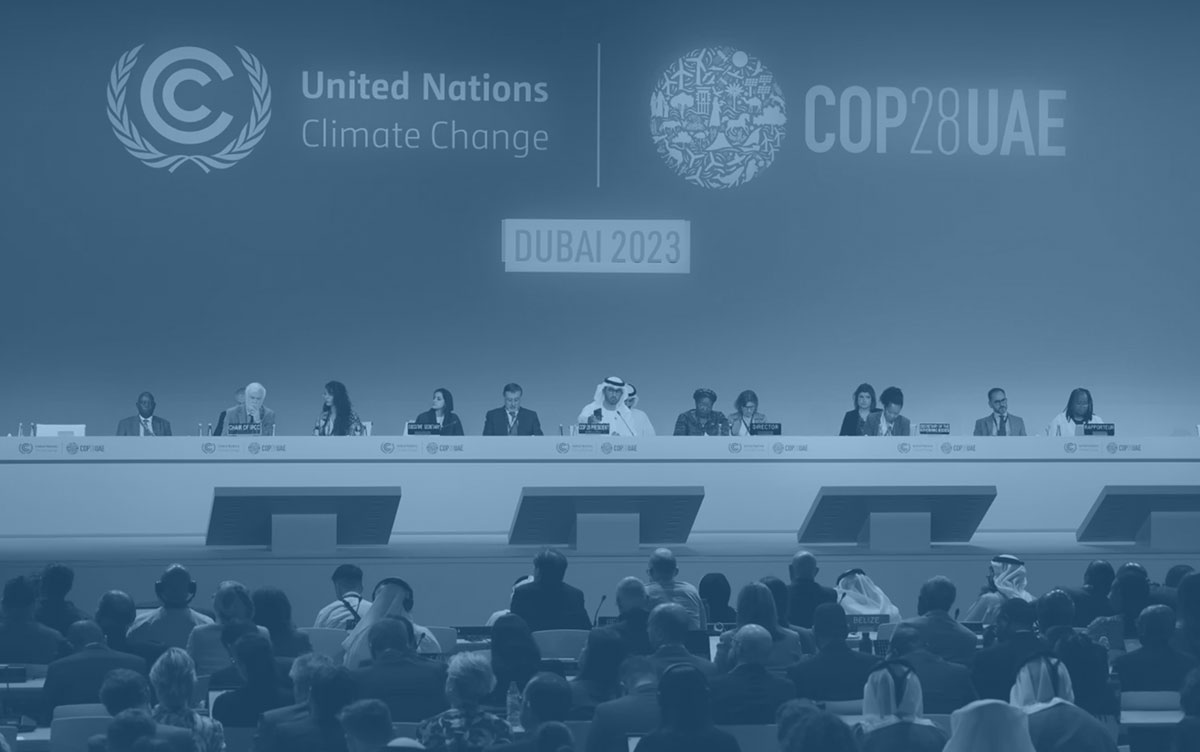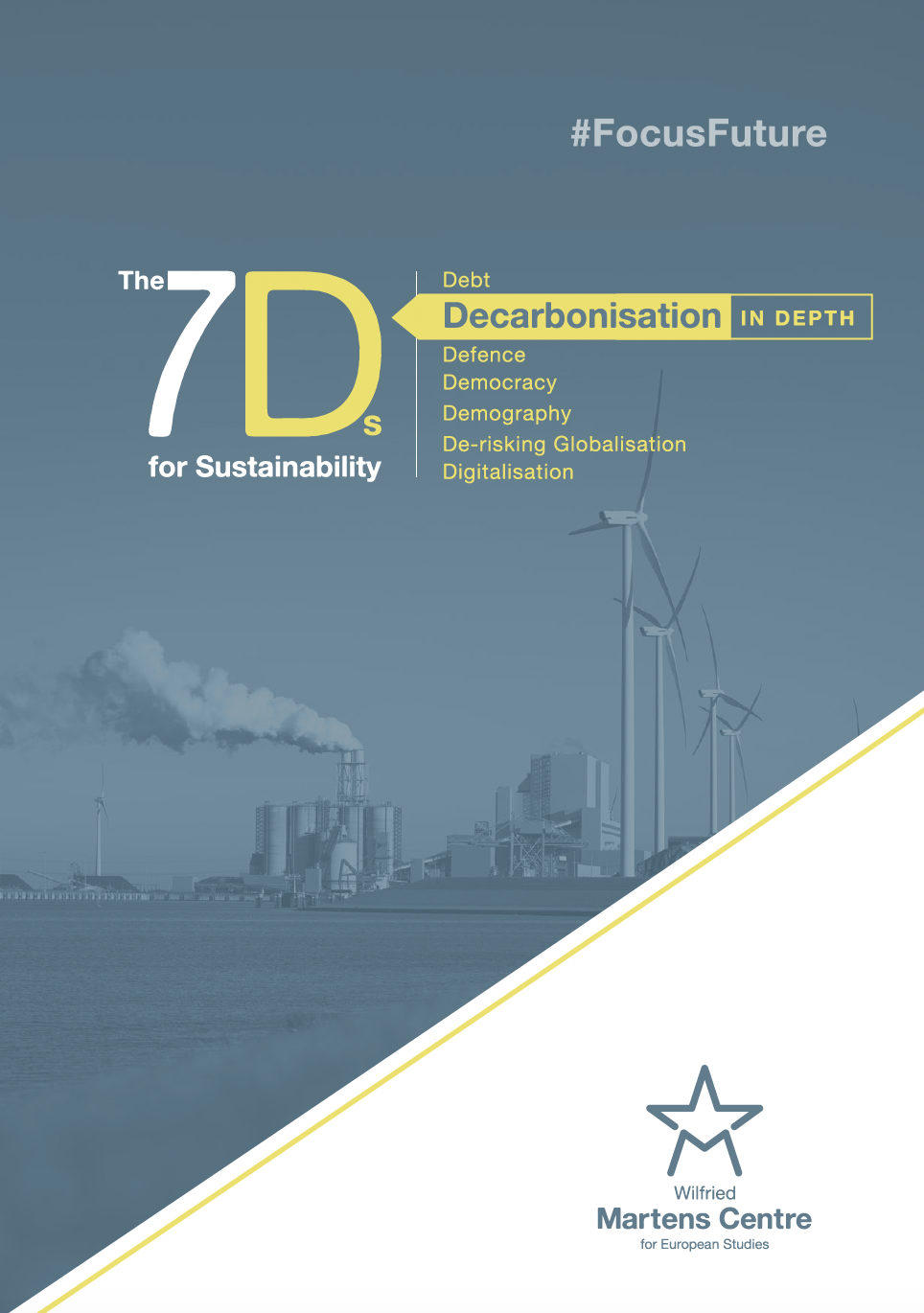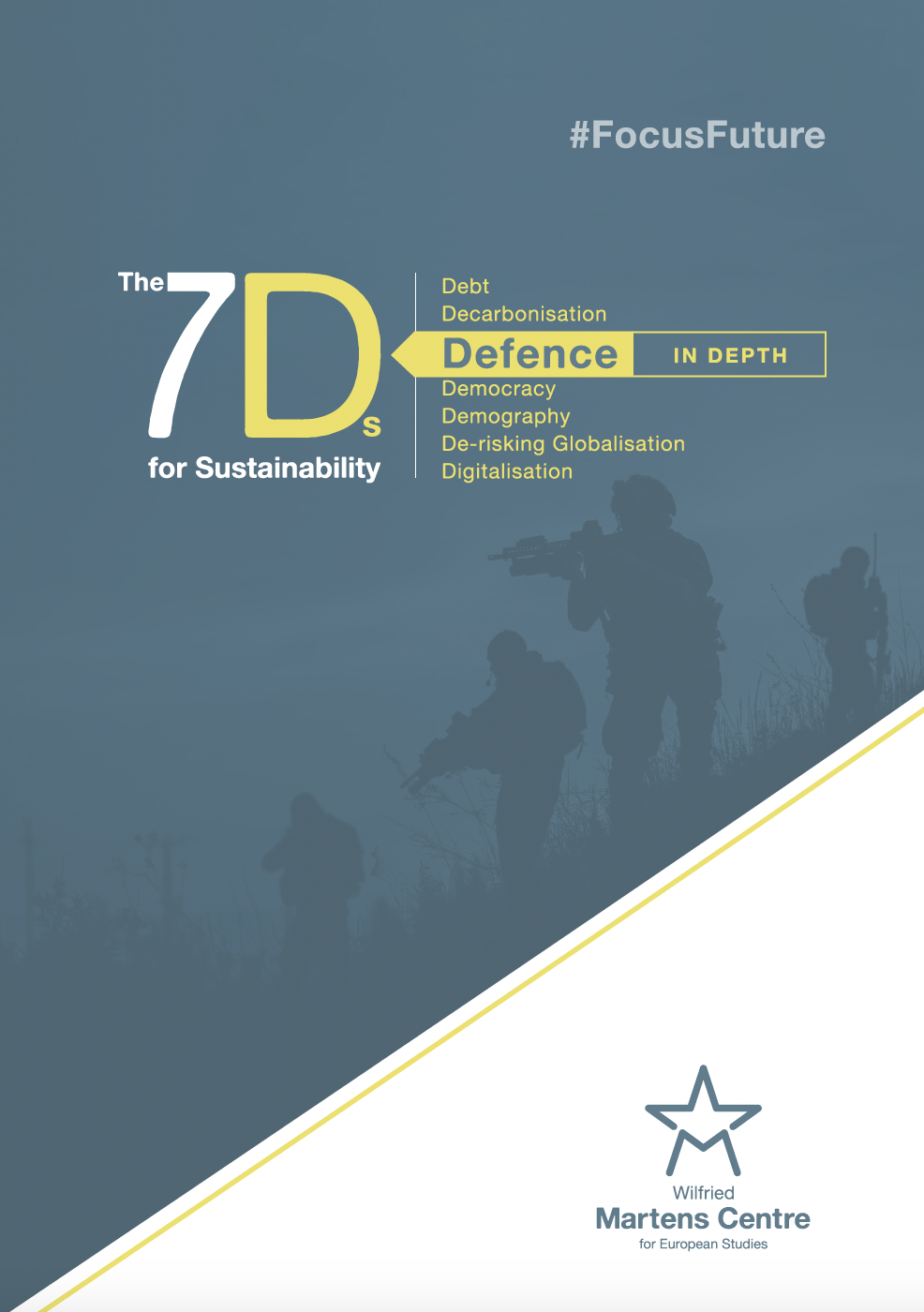COP28: Between Greenwashing and Modest Progress
21 December 2023

The reliability of the COPGPT algorithm never disappoints. Every recent COP climate conference is labelled as a ‘make or break moment’ as expectations rise in the build-up. The host nation carries the mantle of an honest broker while simultaneously pushing a separate agenda to clean up its own image or grab lucrative side deals. An international coalition led by the European Union tries to achieve another, final climate breakthrough, but is met with fierce opposition. In the end, the summit saves face with a climate pledge that sounds appealing, but changes little when it comes to limiting global warming.
The recently concluded COP28 summit in Dubai followed a very similar pattern. Filtering through the media hype and the UAE’s self-praise, what are the most important takeaways?
‘The historic deal’
Labelled as the ‘UAE Consensus’, the hosts have lauded the final communiqué as a global breakthrough on fossil fuels. The official commitment calls for the signatories to pursue: “transitioning away from fossil fuels in energy systems, in a just, orderly and equitable manner […]” The joint document didn’t live up to the ambition to feature explicit language about the need to ‘phase-out’ fossil fuels, a pledge supported by more than 100 countries, including the US and EU member states.
Instead, ‘transitioning away’ remains an extremely lofty commitment, which serves mostly the interests of petroleum exporting nations (OPEC+), who won’t be feeling any additional pressure to cut down on their production. Not to mention the fact that this call doesn`t feature any tenable timeline for its implementation. The open interpretations surrounding a ‘just and orderly’ transition are also a wink to oil price stability, which is why Saudi officials left the summit in a jubilant mood.
Almost a decade after the landmark Paris Agreement, we are sold the ‘UAE Consensus’ as an actual breakthrough on limiting fossil fuel dependencies.
It is not.
Renewables and energy efficiency
One of the more notable highlights of the climate conference has been the growing interest in the Global Renewables Alliance. More than 120 countries have joined the pledge to triple renewable energy generation capacity to at least 11 TW by 2030, and collectively double the global average rate of energy efficiency improvements also by 2030. The implementation of such a demanding promise remains to be seen, but at least we are seeing a tangible pledge which strives to keep global stakeholders closer to the goals of the Paris Agreement.
However, the good news was darkened by the unwillingness of China and India to sign this specific commitment. The two Asian economies are the first and third biggest global polluters, jointly being responsible for around 40% of global greenhouse gas emissions. Even though China has an impressive record in renewable energy deployment, Beijing has refused to commit, most probably due to their concerns that they won’t be able to follow up on energy efficiency improvements.
Nuclear energy and carbon management
Another positive signal came from a group 20 countries who made a separate agreement to triple their nuclear energy capacity until 2050. More than half of the signatures came from European countries, also joined by the US, Canada and Japan, among others. Traditional nuclear power plants remain a costly endevour, and much of this renewed engagement will bear fruit much later, in the 2030s. However, considering that every rigorous decarbonsation scenario requires a manifold increase of clean electricity supply, nuclear energy remains an important piece of a 2050 outlook.
In parallel, as a separate coalition building exercise, countries from six continents launched the carbon management challenge, which aims to accelerate the deployment of carbon capture and storage technologies. Countries such as Brazil, Canada, Indonesia, Kenya, the UK and the US are among the main interested, while this type of technology has a large potential for developing countries globally.
Climate finance
As always, the issue of financing the global transition remained thorny. The necessity to mobilise international funds in support of developing countries’ decarbonisation effort is beyond doubt. However, as exemplified by the disappointing progress of the Green Climate Fund (GCF), the actual involvement of developed countries remains lukewarm. Not to mention the fact that the recent COP 28 promises on climate finance pale in comparison to the trillions of euros of annual investments needed to transform the global economy towards a more sustainable path.
One of the most misdirected initiatives has been the ‘loss and damage’ fund. This is a new compensation vehicle which would require rich nations to provide funds to poorer nations after suffering severe climate events. Letting aside the complex legal issues which will challenge both international and national legal frameworks, this mechanism could create a downwards spiral of endless claims and controversies between nations. If the ‘loss and damage’ fund is just another way of providing development aid, it will be cursed with the same shortcomings. Unfortunately, such a mechanism would also disincentivise developing countries to invest in climate mitigation and adaptation measures.
All of the developments and disappointments discussed above seem to exemplify the nature of the COP format. Expect smart and nimble small coalitions between like-minded countries, a common front by the Asian polluters, as well as cloak and dagger tactics by OPEC+. National development objectives will always prevail, while the ambitious pledges of the industrialised nations will never cover their own shortcomings, making them less of a role model for others.
The travelling circus of the COP and its coterie of consultants and climate gurus is trumpeted as a success for its ever growing participation and global ‘engagement’. However, the forum is mostly valuable for what happens on its fringes. Make no mistake, the conference in its current format and with its built-in limitations can only overpromise and underdeliver on the global transition towards carbon neutrality.
ENJOYING THIS CONTENT?






















